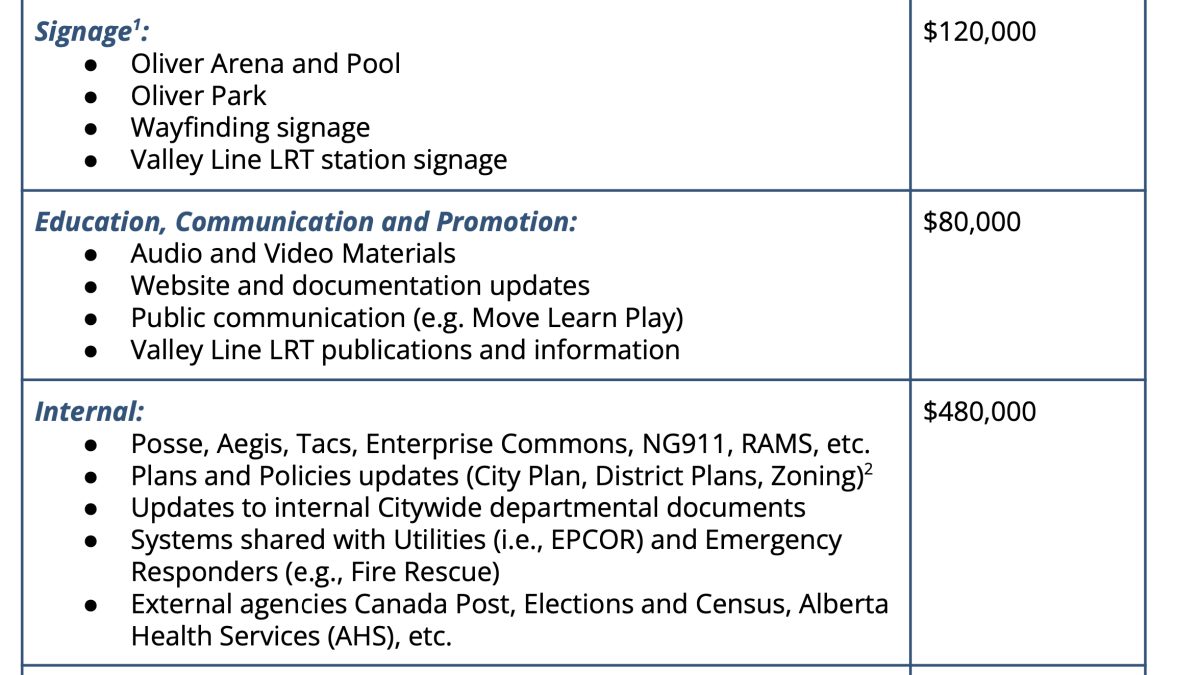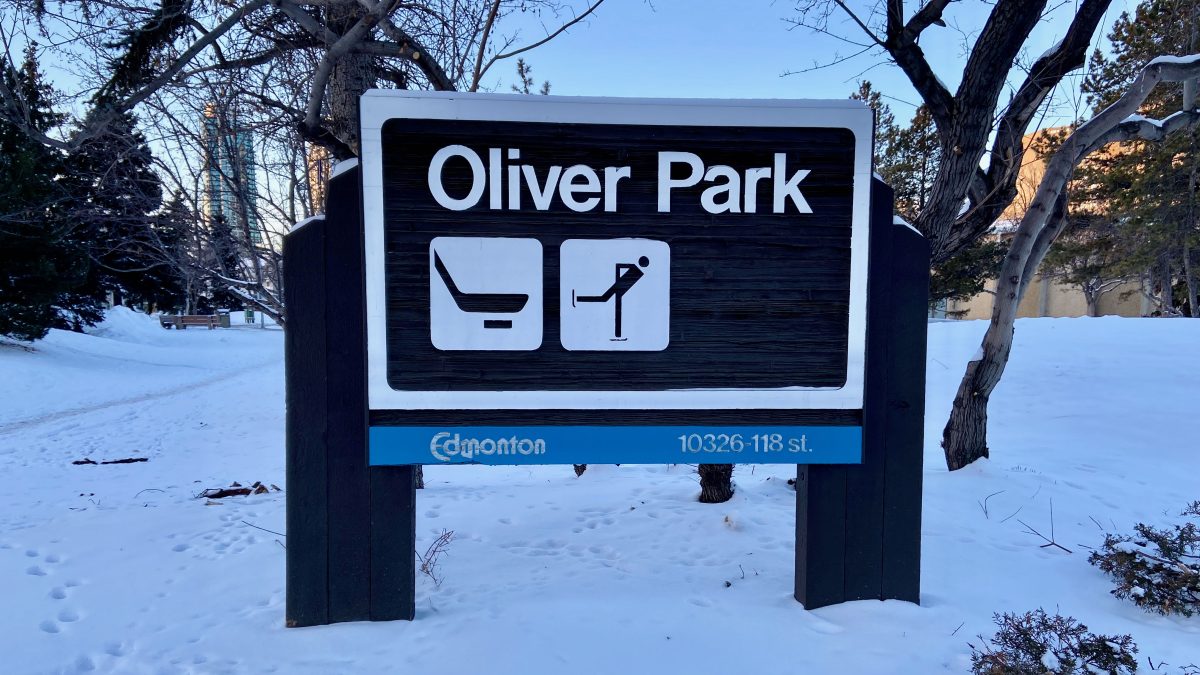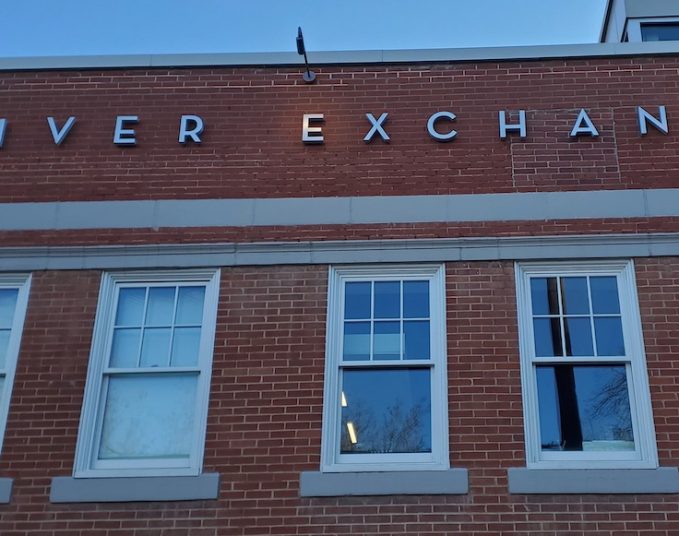Changing the name of the Oliver neighbhourhood to Wîhkwêntôwin isn’t going to be cheap — but the cost is worth it. That’s the overwhelming message from City Hall.
The City’s Executive Committee heard this week that the bill for the name change is being ballparked at $680,000, with $480,000 being made up “internal” costs. Signs need to be changed in parks and through the community. A transit stop on the under-construction Valley Line LRT line to the west will need to be renamed. Letterhead will need to be changed.
But, this doesn’t mark the first time the City has changed the name of an existing street or neighbourhood.
“We need to communicate the value of those investments,” said Mayor Amarjeet Sohi, in support of the change. And he noted that there were expenses when it came to changing the names of major Edmonton thoroughfares to honour Oilers legends Wayne Gretzky and Mark Messier.
The message was clear. If someone complains now about the cost of changing a name in order to further the cause of reconciliation, where were they when the City was taking on costs in order to laud white hockey heroes?
The Oliver Community League recommended the name change, and was “gifted” the new name of Wîhkwêntôwin, which is Cree for “circle of friends.” Frank Oliver, for whom the neighbourhood is named, was a City builder but also used his power and influence as a media figure and government minister to censure and harm Indigenous people and immigrant groups.

There is the argument that changing place names because of acts that were committed long ago is a way of whitewashing history. There are other arguments that we should not judge someone like Frank Oliver through a 21st-century lens — that, at the beginning of the 20th century, his views would not be seen as an extreme.
But consider the work of American scholar Crystal M. Fleming, who takes this on in her book, How to be Less Stupid About Race. While this passage is about how Americans view the legacies of white leaders who supported slavery and racialized policy, it can be applied to the Canadian reality.
She wrote: “Others will object and say that condemning the founders for their moral crimes against humanity is unfair, because it means using our current values to judge historical figures. But this narrative – long dominant (and typically invoked by white men) — deliberately ignores the fact that people spoke out against and opposed white supremacist genocide and chattel slavery while these things were happening.”
Basically, Fleming states that the “that’s the way they thought at the time” argument is a lazy default.
And Aaron Paquette, the lone Indigenous member on City Council, said there is no way Frank Oliver will be forgotten. He said Oliver’s name will continue to scar Indigenous people for generations to come.
“Many of [his] contributions were built on betrayal and theft,” said Paquette.
“This is really profound work,” said Paquette of the work the community league did to engage residents. “It will mean a lot for generations to come.”
In fact, councillors saw the community league’s work as a blueprint for how name changes can be dealt with in the future. Coun. Keren Tang said she’s been asked by residents in Ward Karhiio about the process to change neighbourhood names.
Coun. Michael Janz said that the cost of changing the name should be seen as a symbol of how important the City views this process.
“This talks to the gravitas of the situation. This is a major undertaking, and with darn good reason.”
As for private businesses that have “Oliver” in their names, any changes will be up to them — and there is no financial assistance for them to do so. But councillors were buoyed by the fact that the owners of the Unity Square development took Oliver out of the mall’s name before the community league came to a decision on Wîhkwêntôwin.
Savvy AF. Blunt AF. Edmonton AF.




